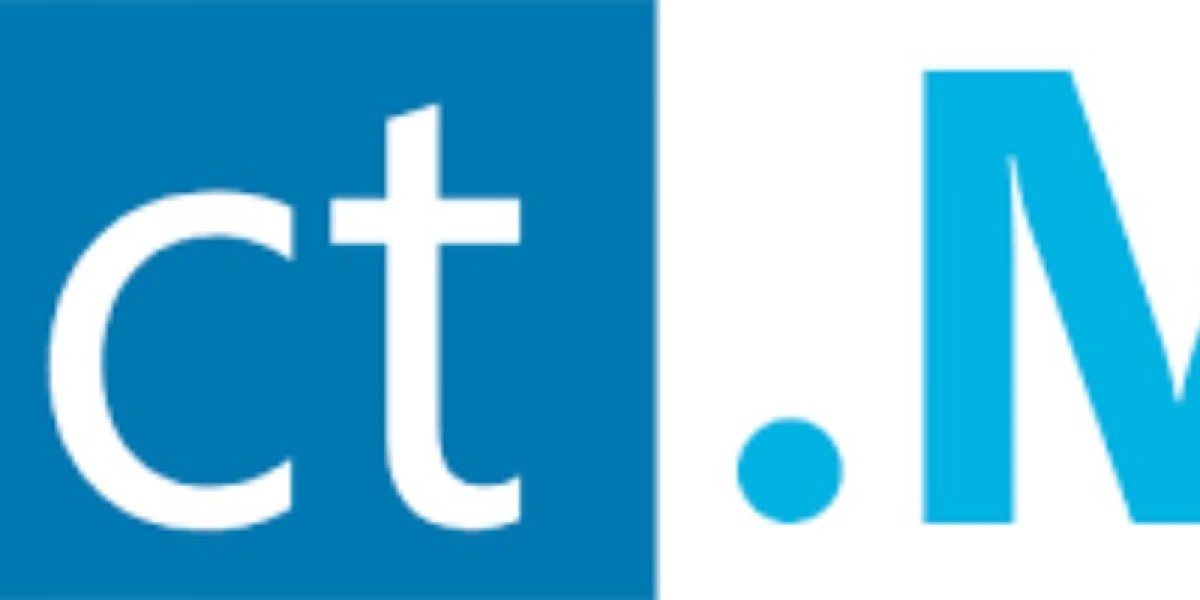Introduction
Multiple Myeloma, a malignant disorder of plasma cells, represents one of the most challenging hematological cancers to treat. Traditional therapies have made strides in managing the disease, but their limitations highlight the need for novel approaches. Enter bispecific antibodies—an innovative class of drugs poised to transform the Multiple Myeloma treatment landscape.
The Need for Novel Treatments
The Multiple Myeloma market has witnessed significant advancements in recent years, driven by a surge of new therapies. Despite this progress, treatment resistance and relapse remain persistent problems. The Multiple Myeloma Drugs Market has been evolving with various drug classes, including immunomodulatory drugs (IMiDs), proteasome inhibitors, and monoclonal antibodies. Yet, there is an ongoing need for more effective and targeted treatments.
What Are Bispecific Antibodies?
Bispecific antibodies (BsAbs) are engineered proteins that can simultaneously bind to two different antigens. In the context of Multiple Myeloma, these antibodies are designed to target both the cancer cells and immune effector cells, such as T-cells. By bridging these two components, bispecific antibodies can enhance the immune system’s ability to attack malignant plasma cells, offering a potent mechanism of action against this aggressive cancer.
Unlock Insights with Our Market Research Reports – Explore Now!
Clinical Impact and Market Potential
Recent clinical trials have demonstrated the promising efficacy of bispecific antibodies in treating Multiple Myeloma. Drugs like teclistamab and elranatamab have shown considerable potential in reducing disease burden and improving patient outcomes. These bispecific antibodies have been particularly notable for their ability to induce deep and durable responses in patients who have relapsed or are refractory to other therapies.
The Multiple Myeloma Treatment Market is on the cusp of a significant transformation with these novel agents. Analysts predict a substantial increase in market size as bispecific antibodies gain regulatory approvals and become integral to therapeutic regimens. The versatility of BsAbs, combined with their novel mechanism of action, positions them as a key player in the future of Multiple Myeloma management.
Challenges and Future Directions
While bispecific antibodies offer exciting prospects, challenges remain. Issues such as potential off-target effects, manufacturing complexities, and high costs could impact their broader adoption. However, ongoing research aims to address these hurdles and optimize the clinical application of bispecific antibodies.
Future developments will likely focus on improving the safety profile, refining drug efficacy, and exploring combinations with existing therapies to maximize patient benefit. As these agents continue to advance through clinical trials and regulatory pathways, their role in the Multiple Myeloma Treatment Market will become clearer.
Conclusion
The advent of bispecific antibodies marks a new era in Multiple Myeloma treatment. Their innovative mechanism of action and promising clinical results signify a pivotal shift in how this challenging disease is managed. As the Multiple Myeloma Market evolves, these drugs will play a crucial role in shaping the future of treatment, offering hope for improved outcomes and potentially transforming the prognosis for patients worldwide.
List of Important Links
BK virus infection market | Cholangiocarcinoma market | Chronic hepatitis b virus market | Familial chylomicronemia syndrome market | Italy healthcare outlook report | Polycythemia market | Severe hypertriglyceridemia market | Waiha market | Bacteremia market | Biliary tract carcinoma market | Bronchial spasm market | Chronic inducible urticaria market | Biliary atresia market | Diffuse large b-cell lymphoma market | Heavy metal poisoning market | Alport syndrome market | Bipolar depression market | Cardiac amyloidosis market | Central retinal venous occulsion market | Chemotherapy induced anemia market | Chronic idiopathic urticaria market | Leptomeningeal metastases market | Wet-age related macular degeneration market | Acromegaly market | Multiple myeloma market



